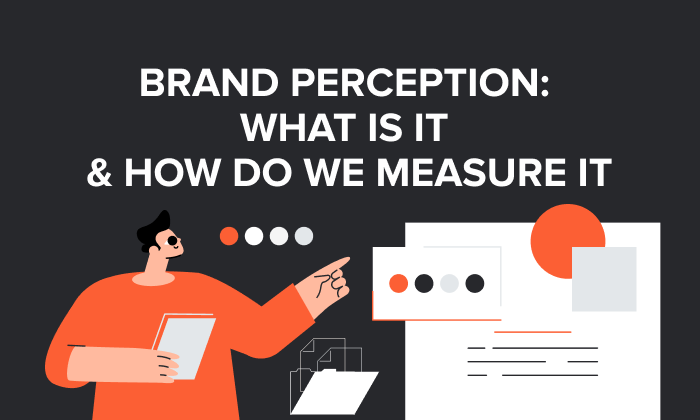50 Marketing Buzzwords to Know and Some to Avoid

At the beginning of my marketing career, I was hit with a bunch of acronyms that sounded more like dog names than business terms: ROI, ROA, ROAS… 🥲I could even imagine fluffy Chow Chow named “ROAS” chasing after a Shih Tzu named “ROI.”
Years later, I catch myself using those terms even in everyday life. “Expensive climbing shoe? Well, they would probably be good for my cliff climbing season, so the ROI is worth it.”
If you’re planning to start with marketing and have no idea what these people are talking about, I’m bringing you the list of 50 marketing buzzwords you simply need to know. And those you need to avoid if you don’t want to sound, well… “cringe” (am I supposed to use that word? 😏) Anyways, let’s get started.
What is a marketing buzzword?
A marketing buzzword is a catchy word or phrase that is often used in marketing. It can be technical or describe strategies, tactics, or consumer behaviors.
Marketers love using them because:
- Buzzwords catch people’s attention.
- They make things sound new and cool.
- They simplify complex stuff.
- Using them shows you know your stuff.
- They make people feel something.
- Helps brands be different.
- They can go viral online.
- Buzzwords stick in your mind.
- They encourage discussion.
- Helps with search engines.
Buzzwords can pop up anywhere marketing is discussed — presentations, meetings, articles, social media. They might seem complex, but understanding the basic idea behind them is usually easy.
Example
“Brand loyalty” means customers consistently prefer and trust one brand over others. For instance, I always buy Sea to Summit down sleeping bags because I trust its second-to-none quality in ultralight equipment — that’s brand loyalty in action.
50 Marketing Buzzwords to Know
Brand Awareness & Identity
- Brand Awareness: Making sure people know your brand → Ex: Seeing your logo and instantly recognizing it.
- Brand Identity: The special look and feel that makes your brand different → Ex: The unique design of your product packaging.
- Brand Storytelling: Connecting with customers through stories about your brand → Ex: Sharing real-life experiences of your previous customers on SM.
- Brand Personality: The human-like qualities people see in your brand → Ex: Being seen as trustworthy and reliable.
- Brand Positioning: Figuring out where your brand fits in the market compared to others → Ex: Emphasize the best customer service you have.
- Brand Advocacy: Happy customers who tell others about your brand → Ex: Someone buys your product thanks to the recommendation of your loyal customer.
- Brand Voice: The personality your brand always uses in communication with the audience → Ex: Friendly tone and humor in all social media posts
…read moreSource:: HubSpot Blog










